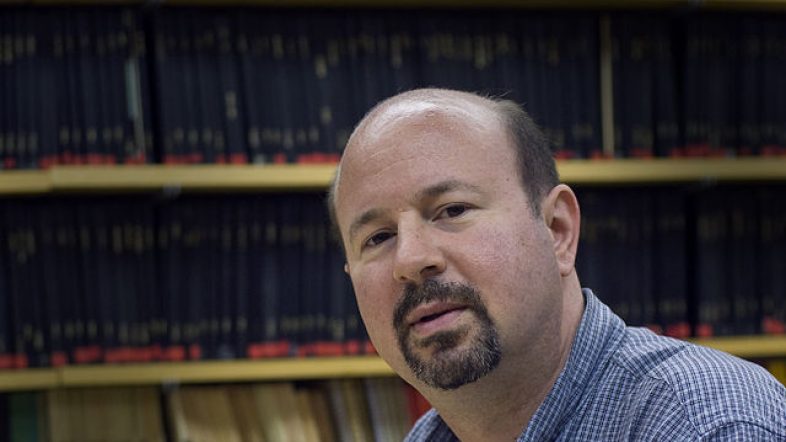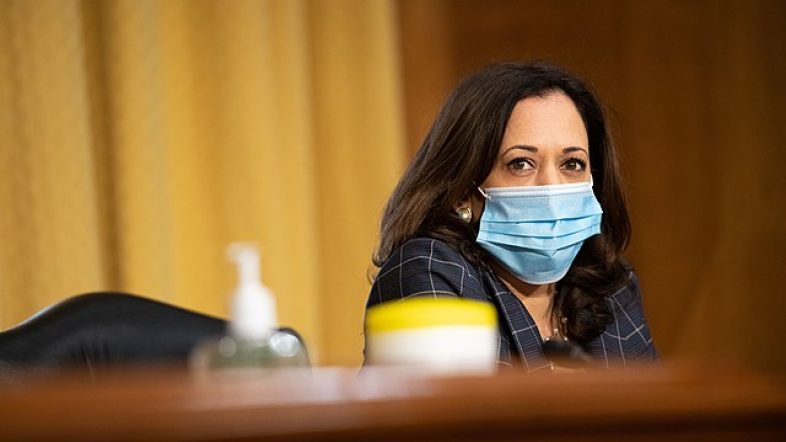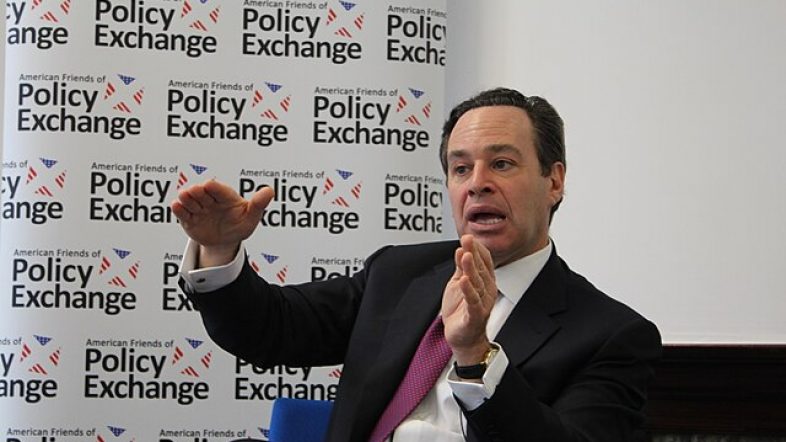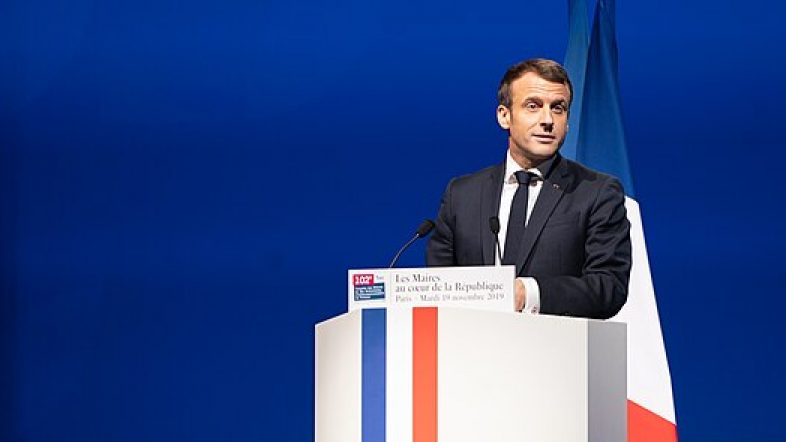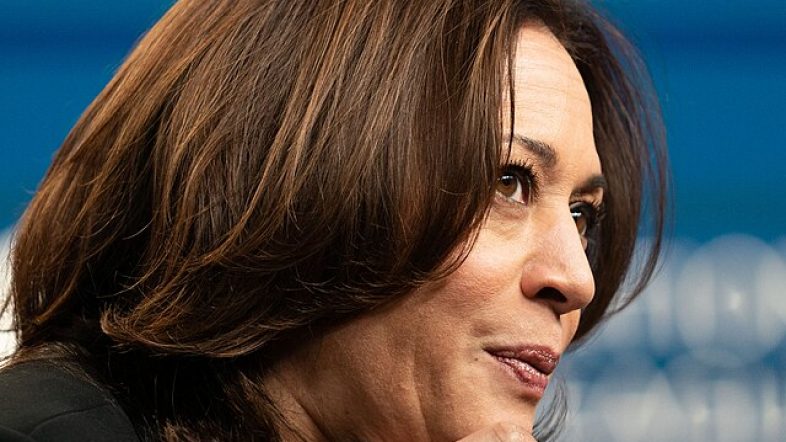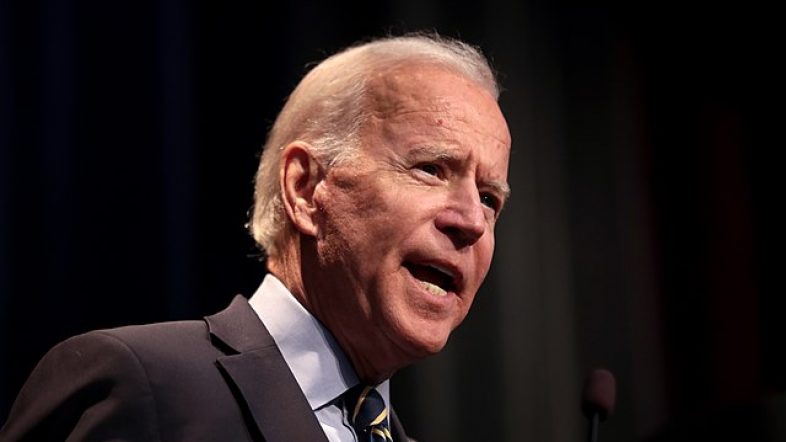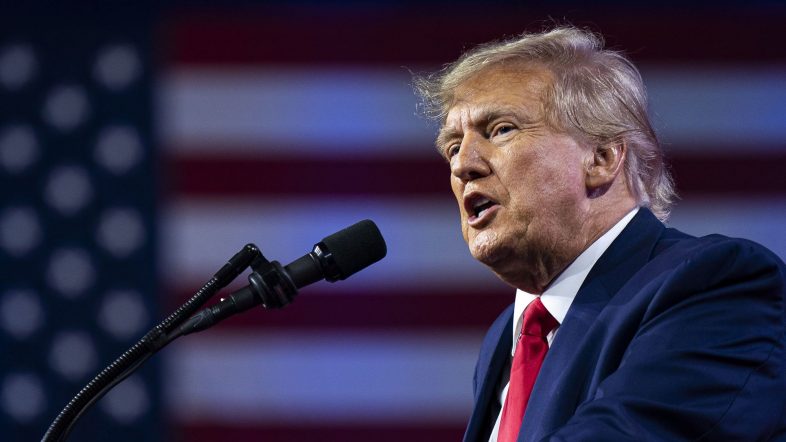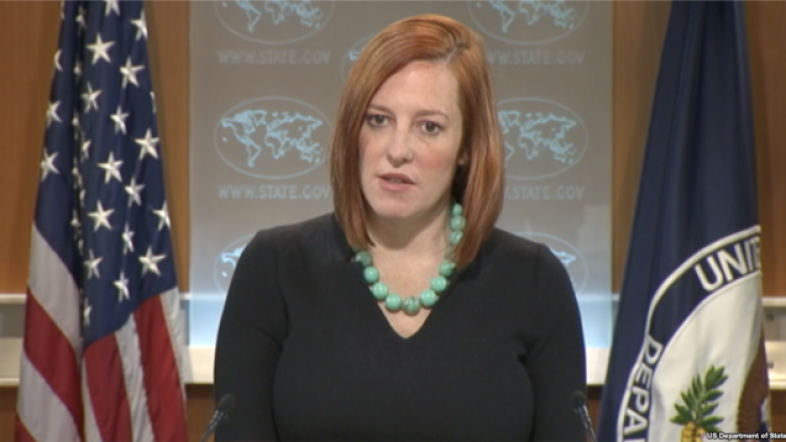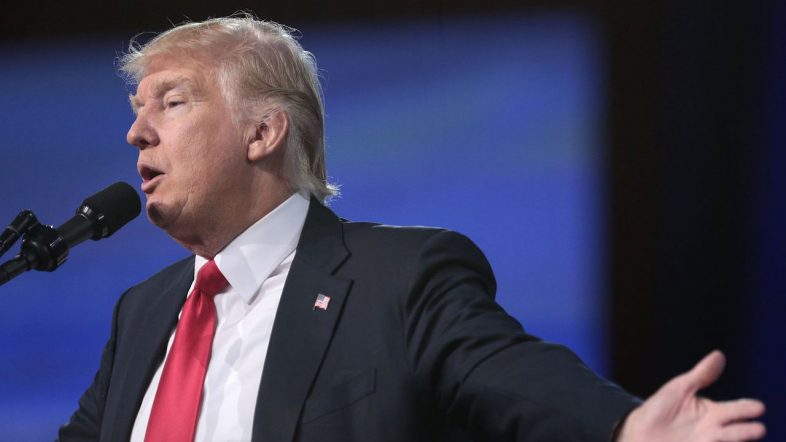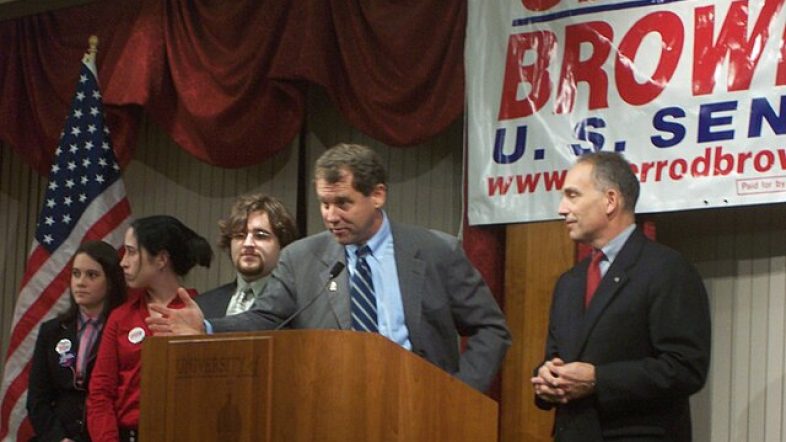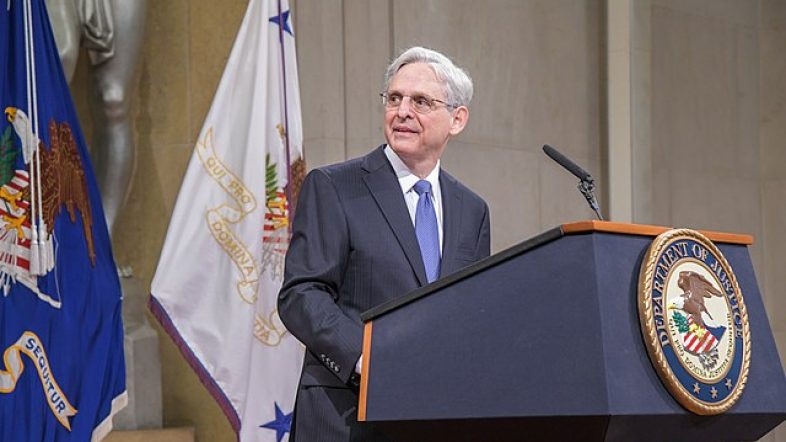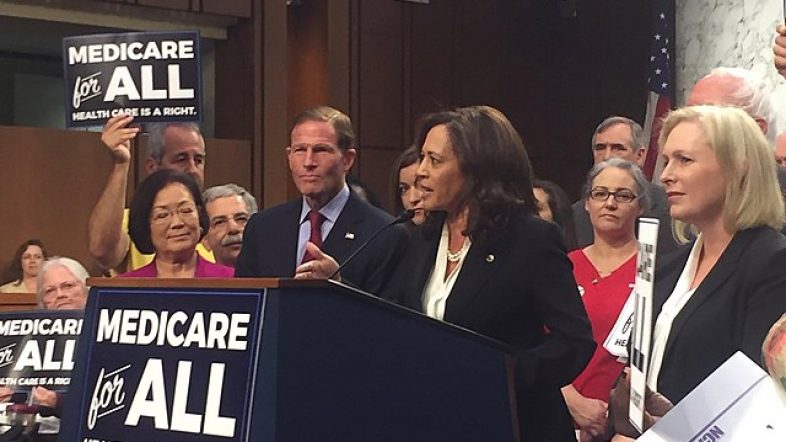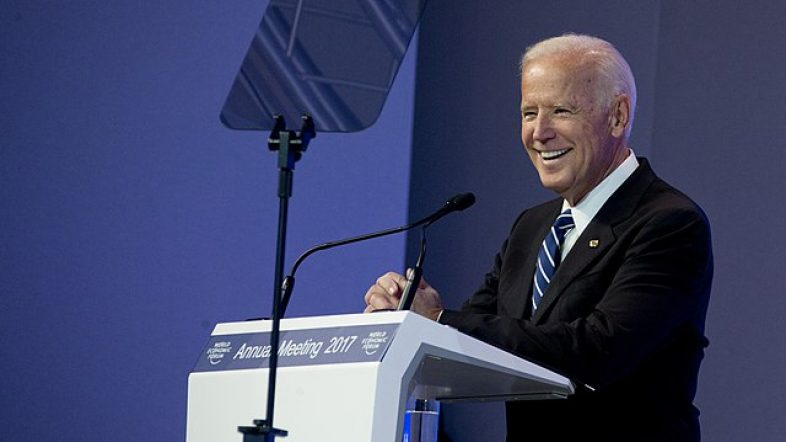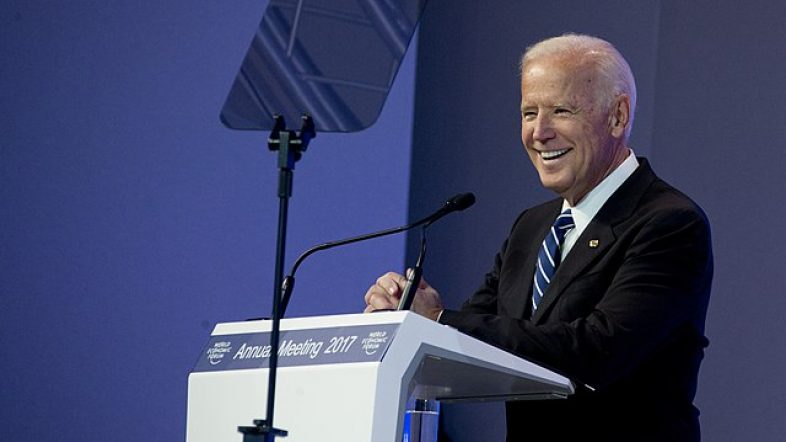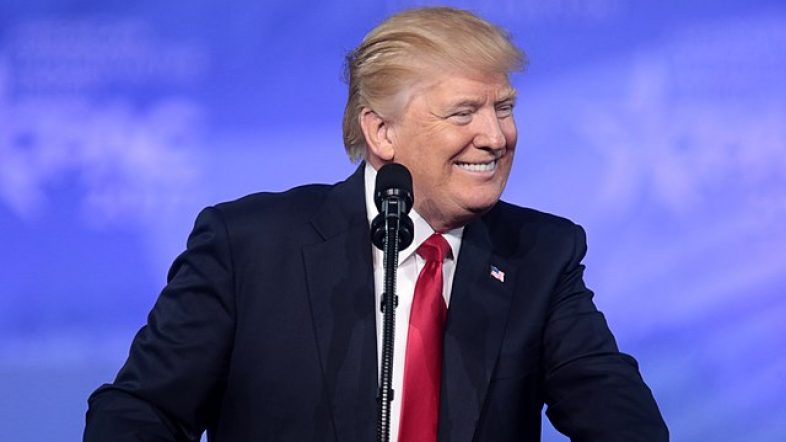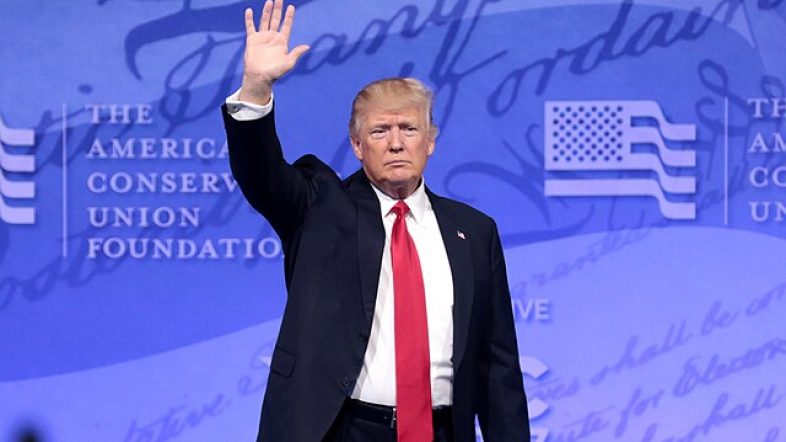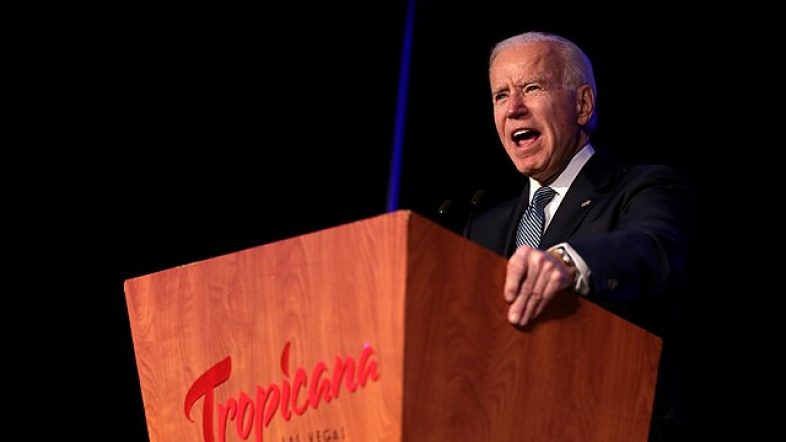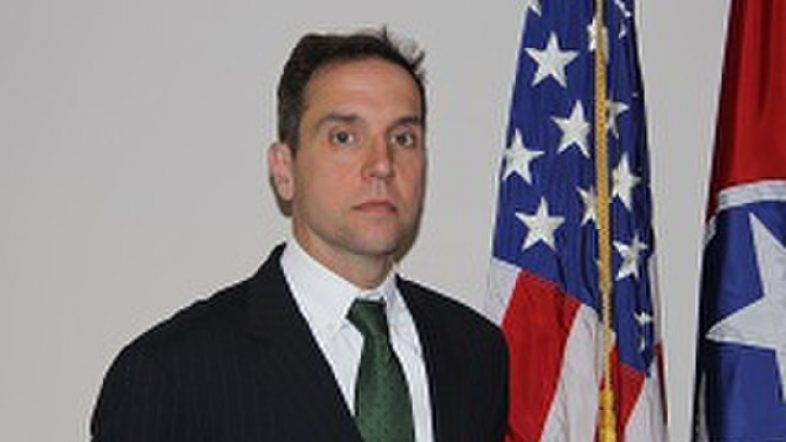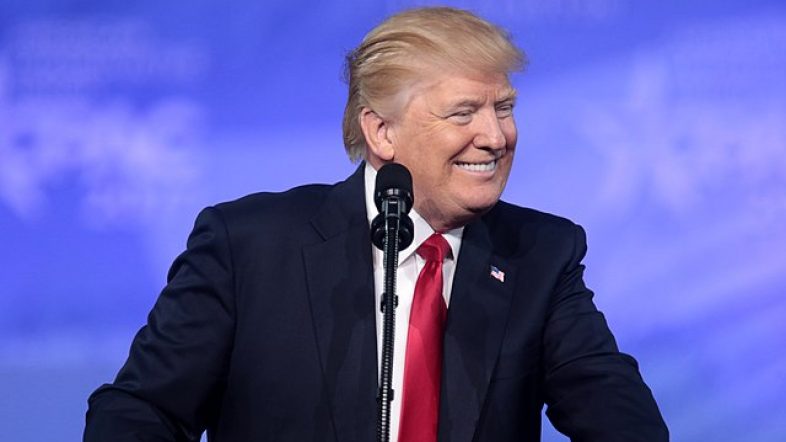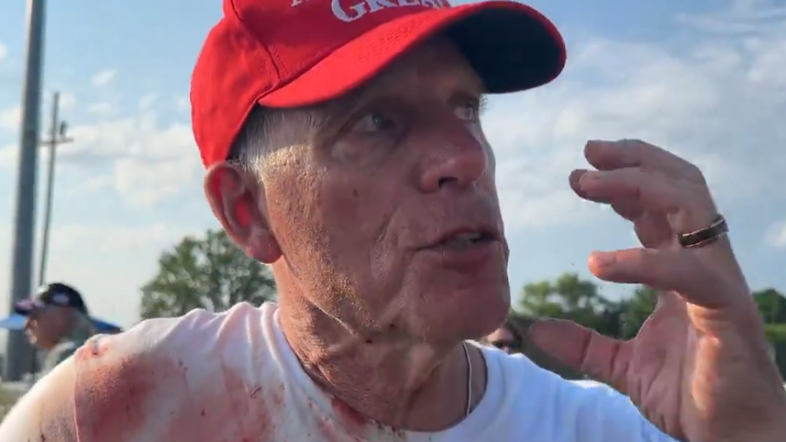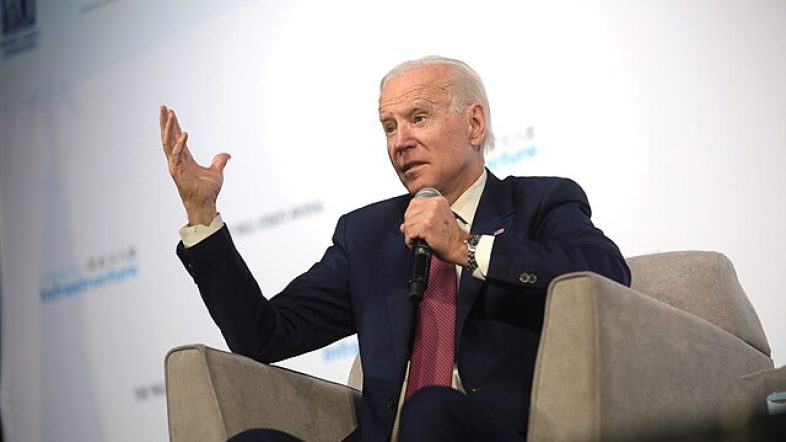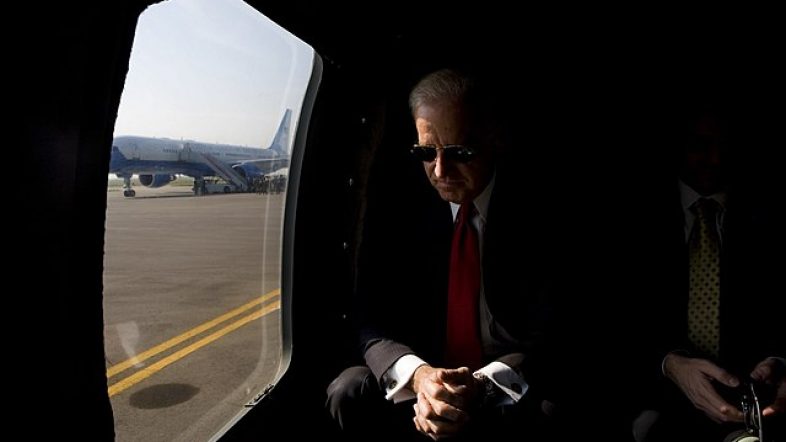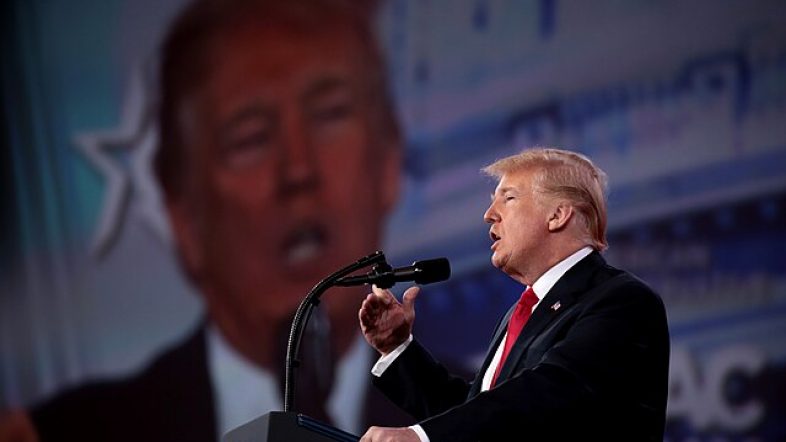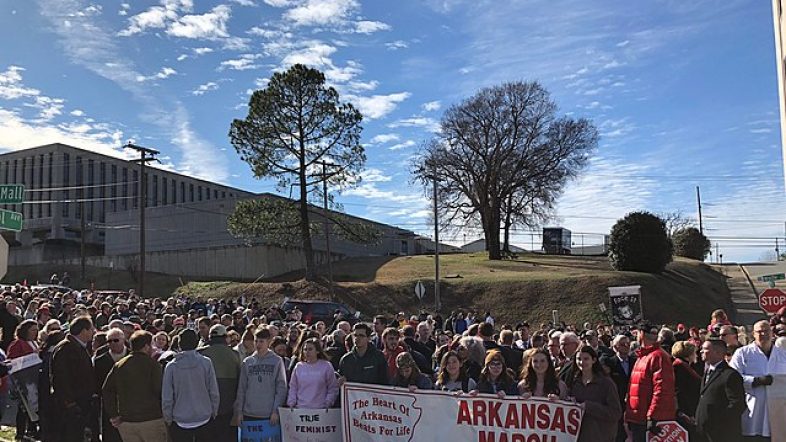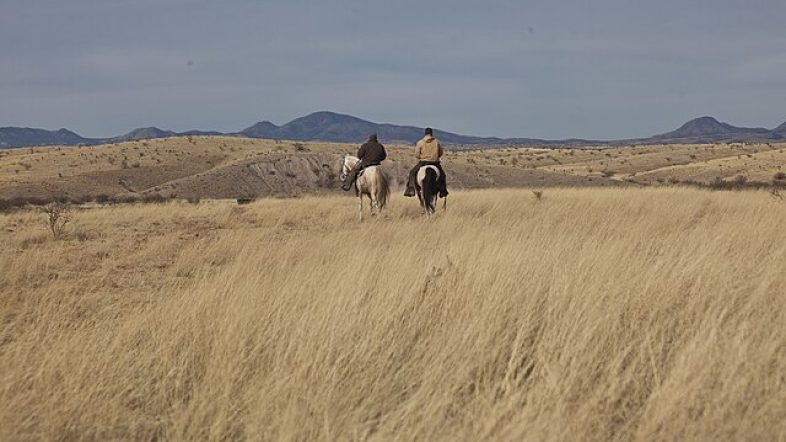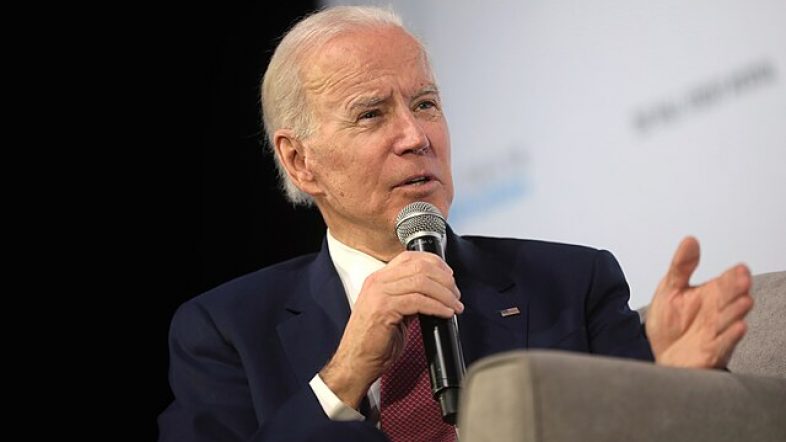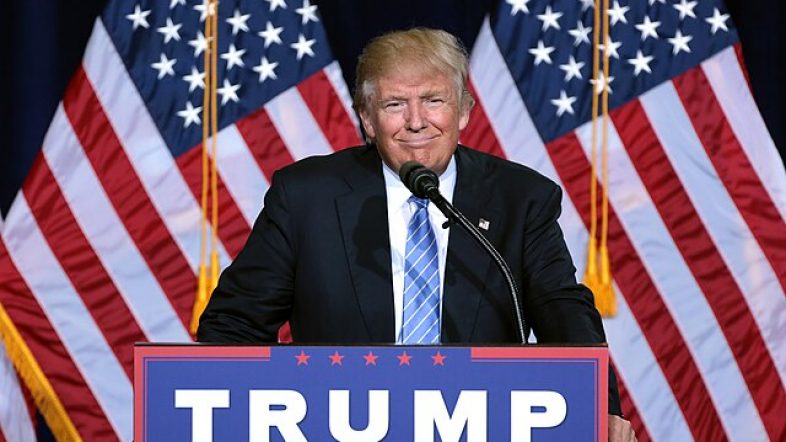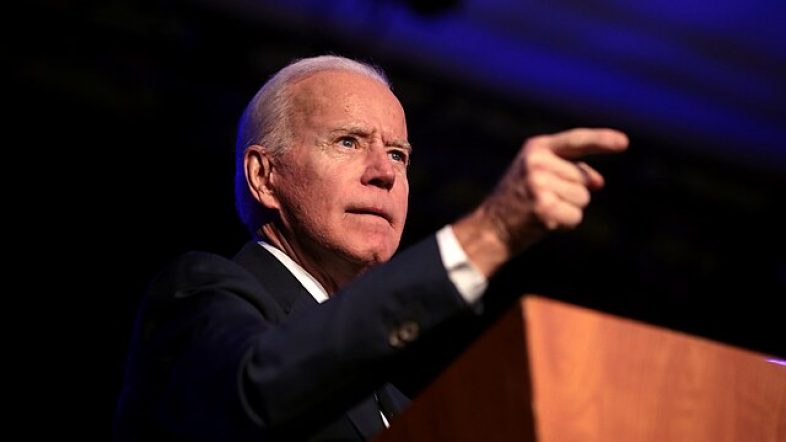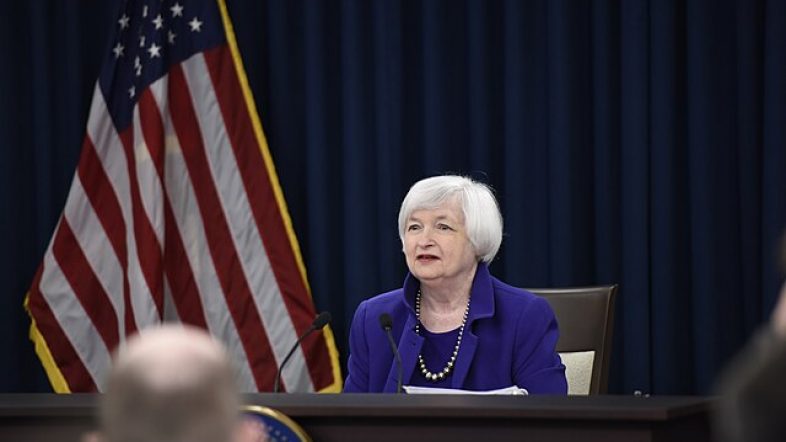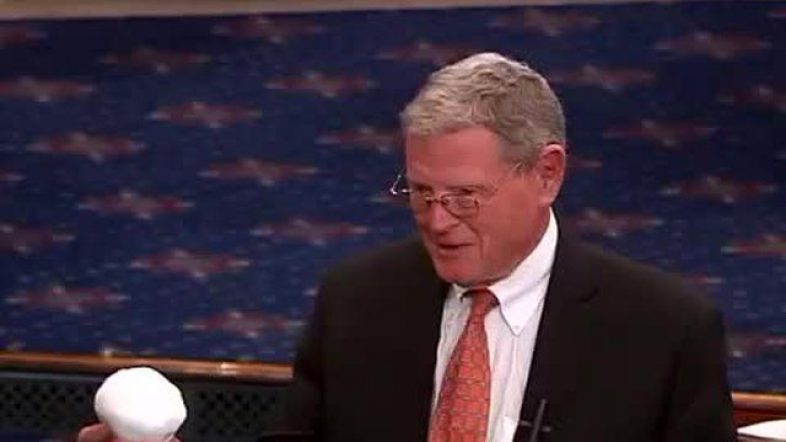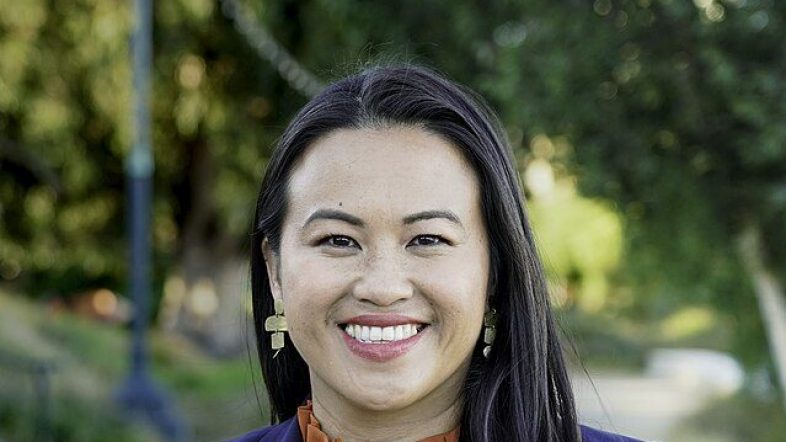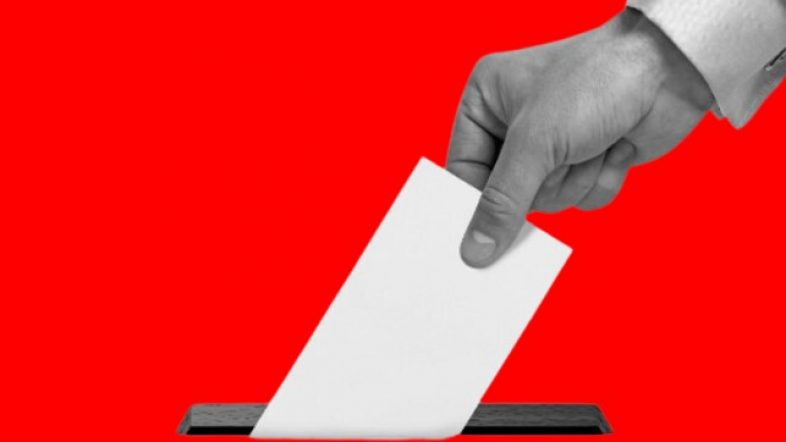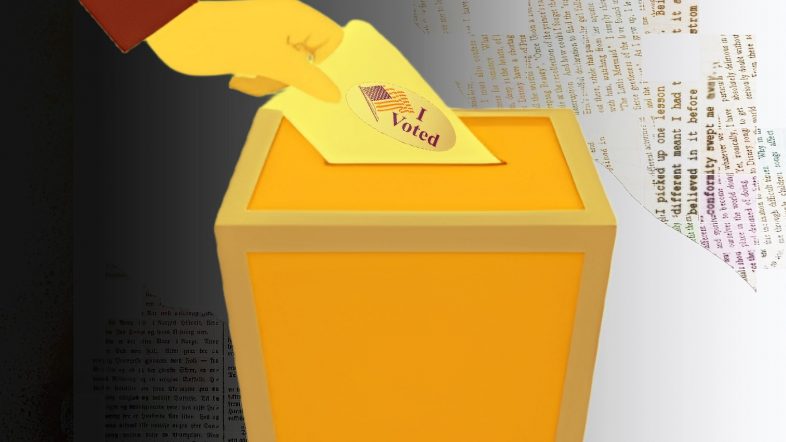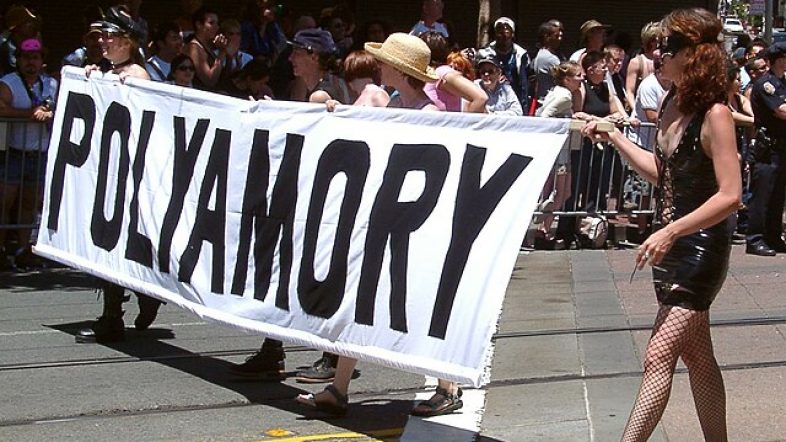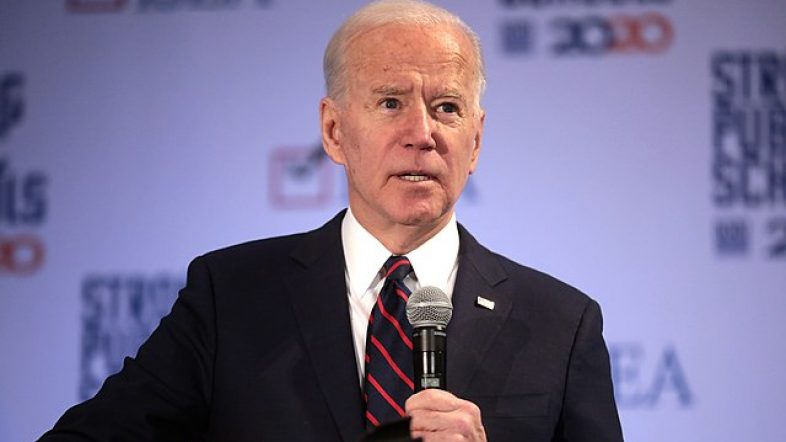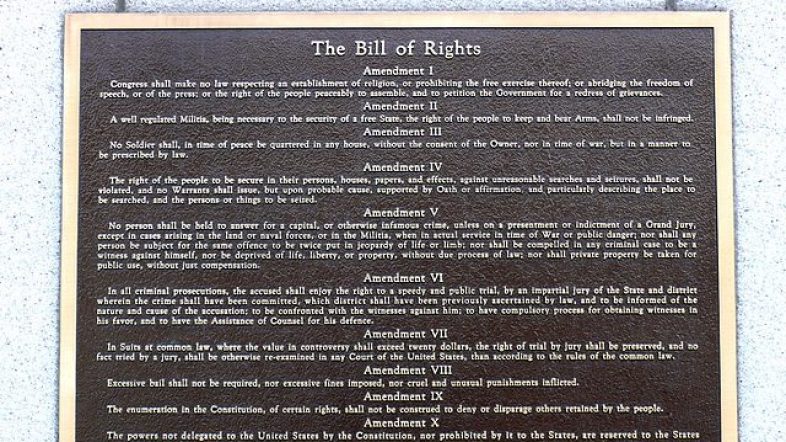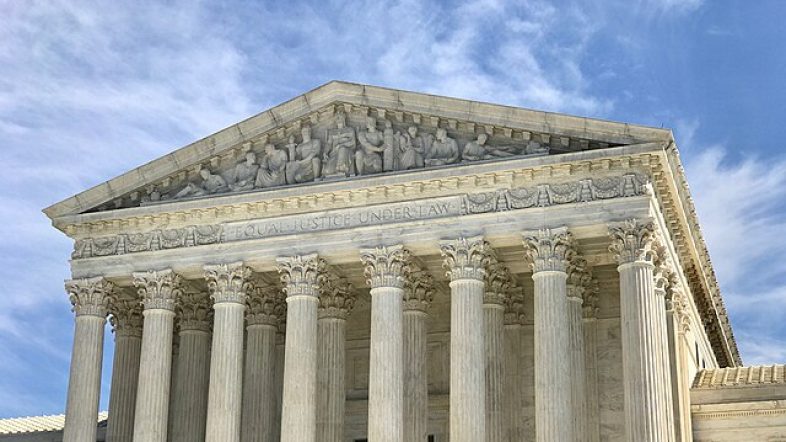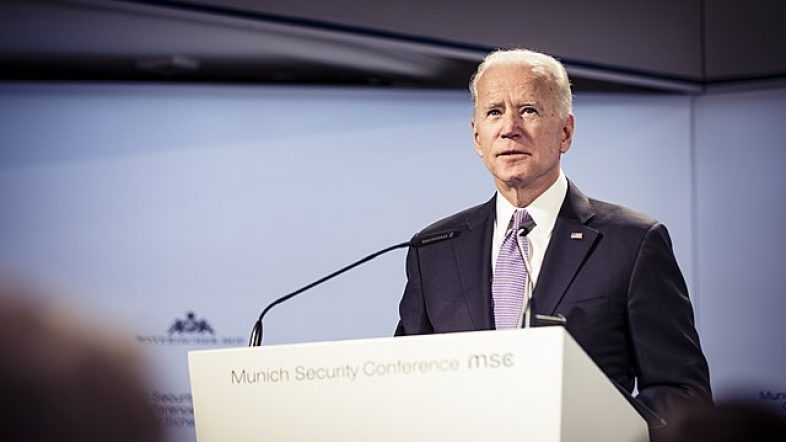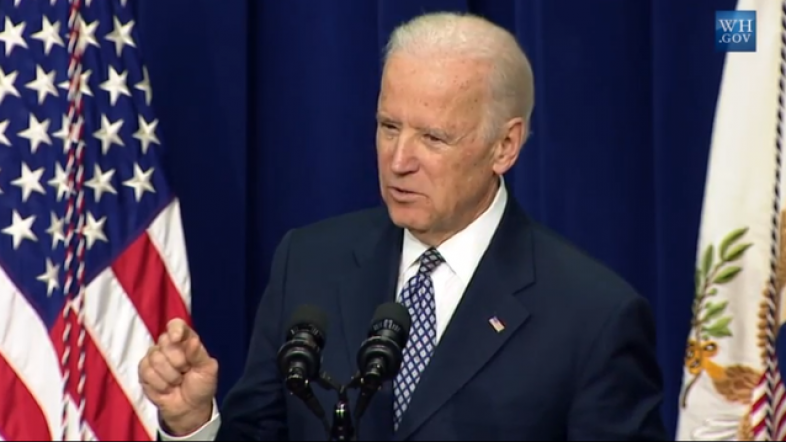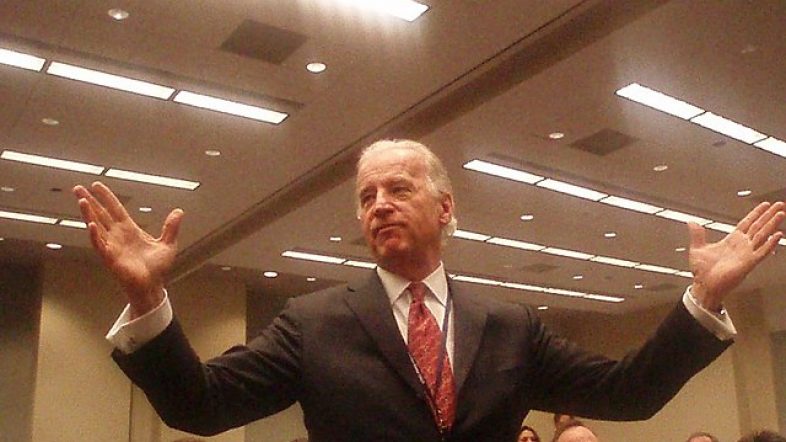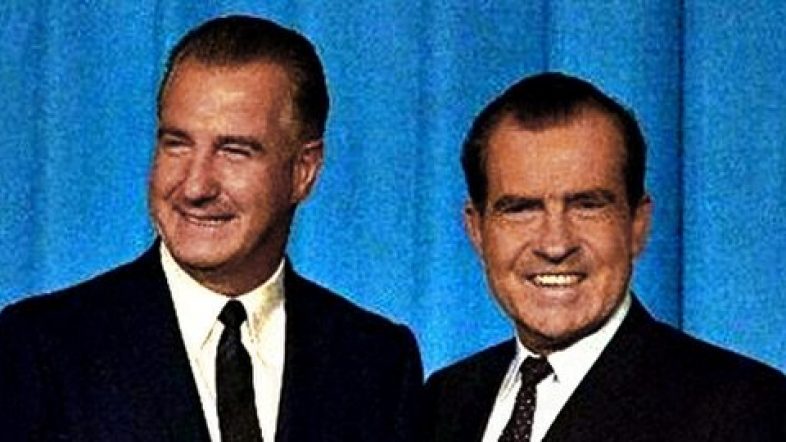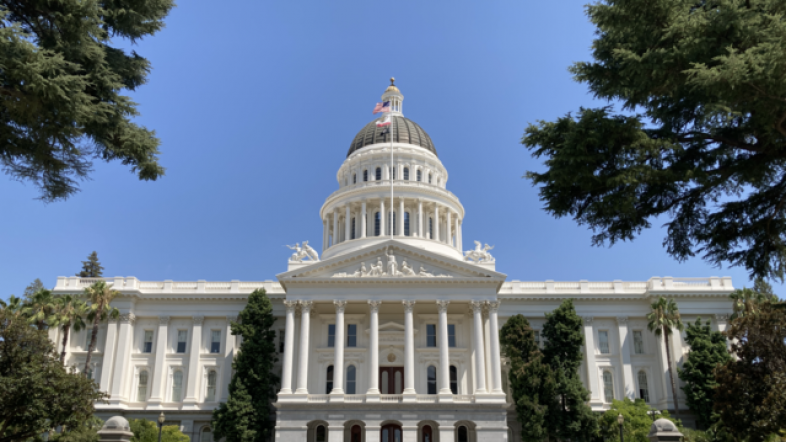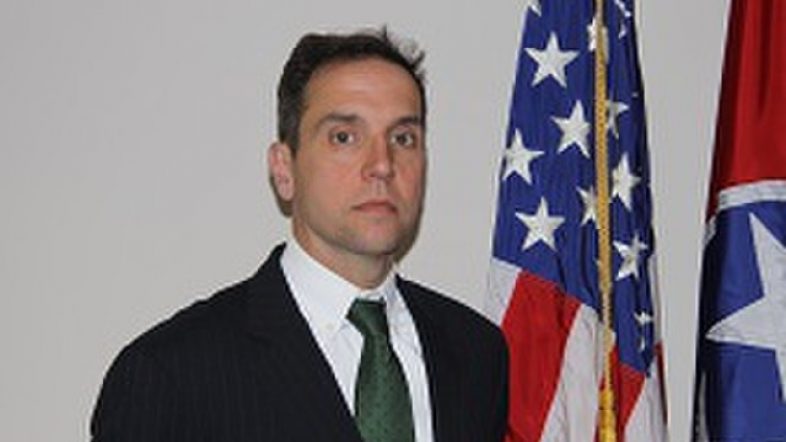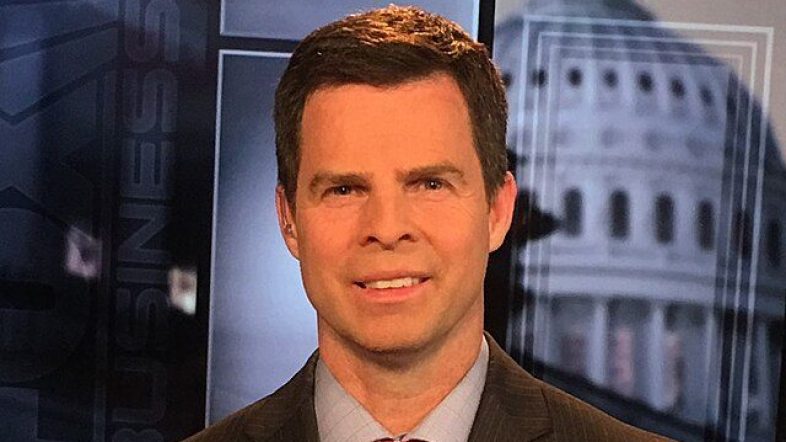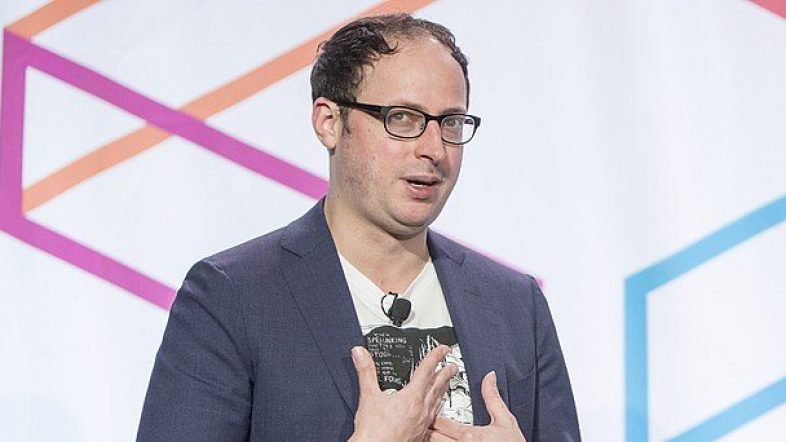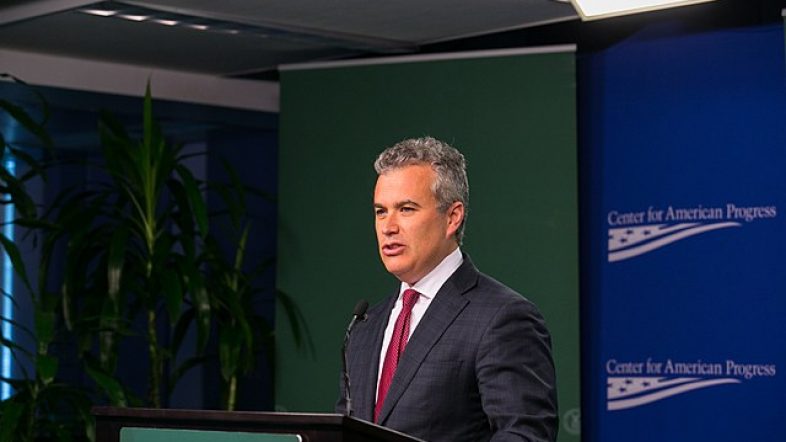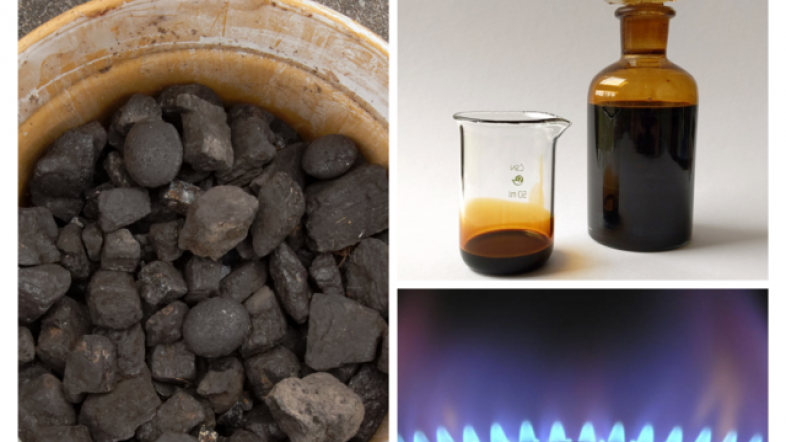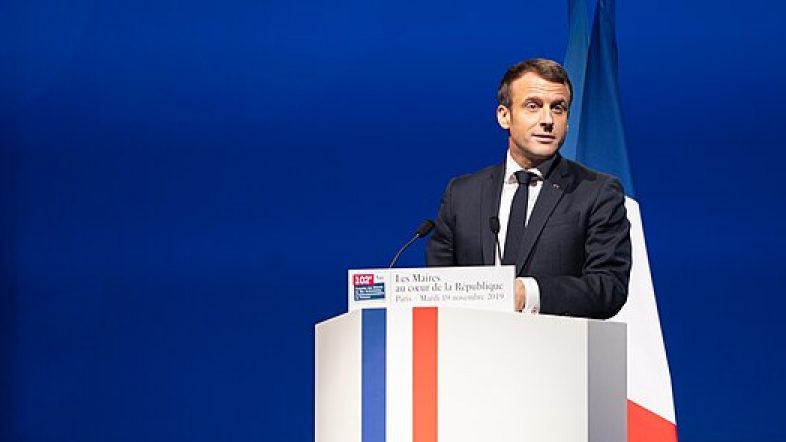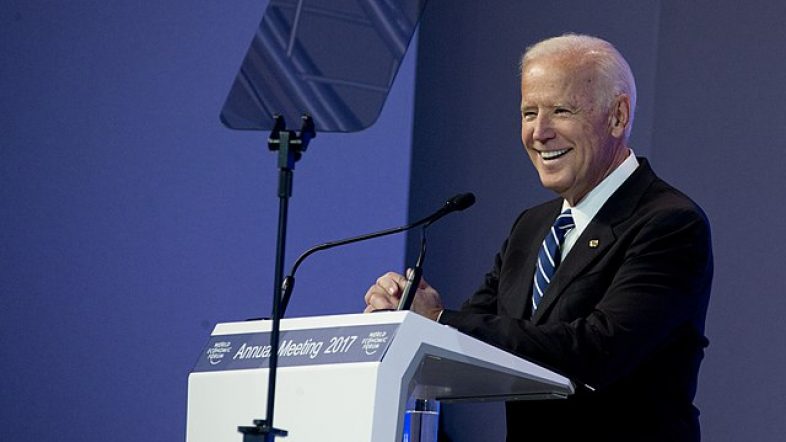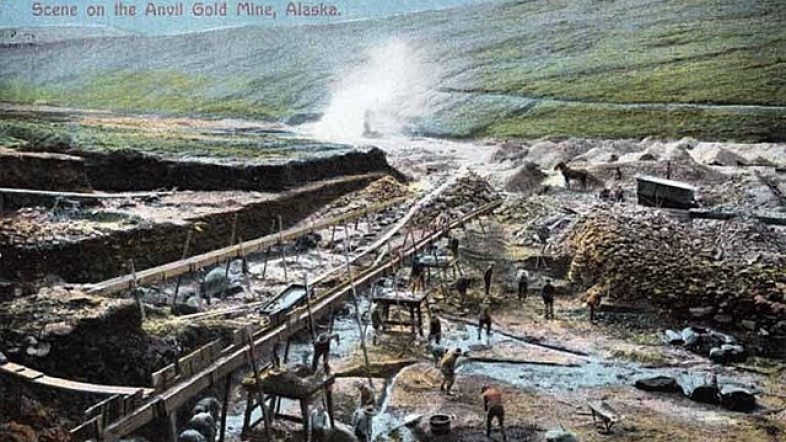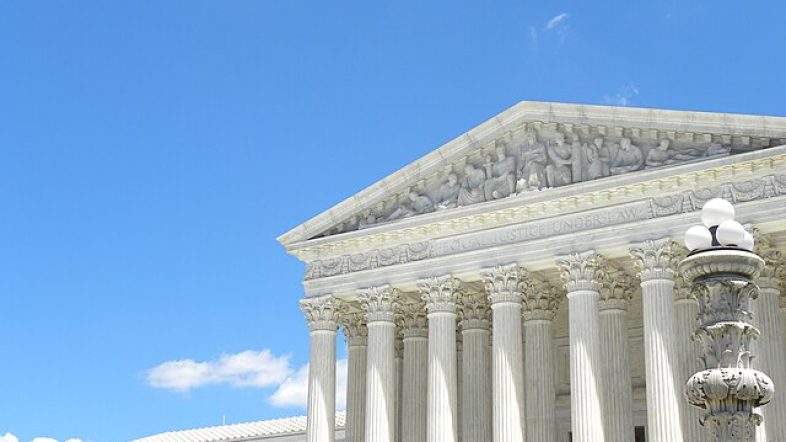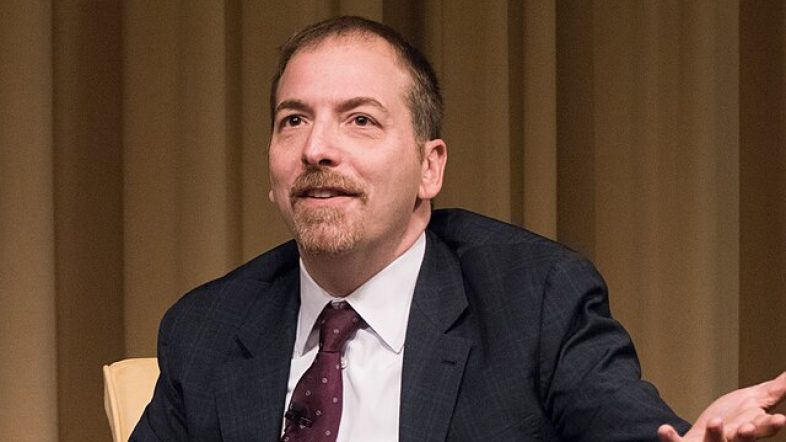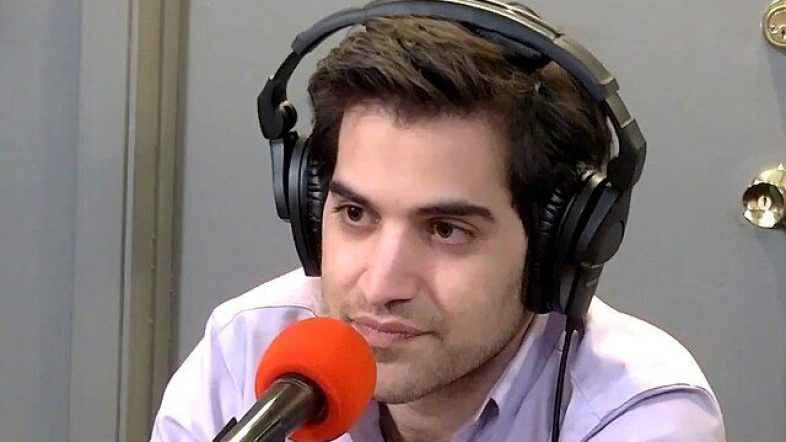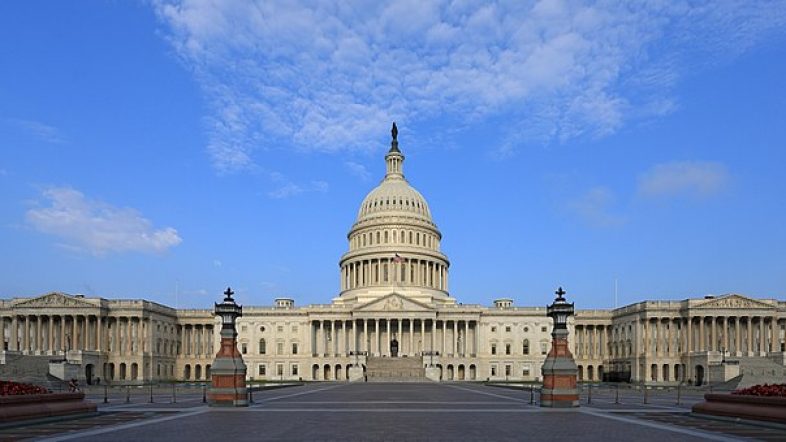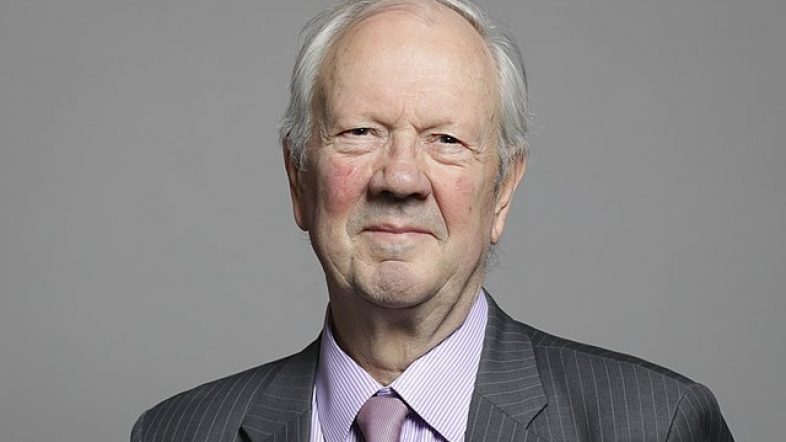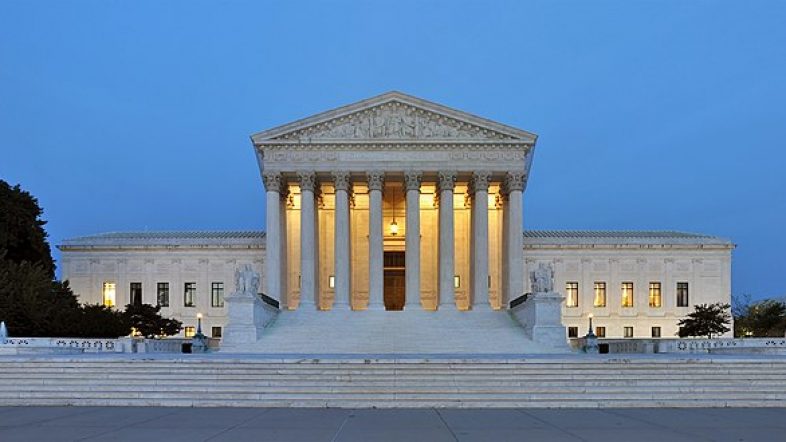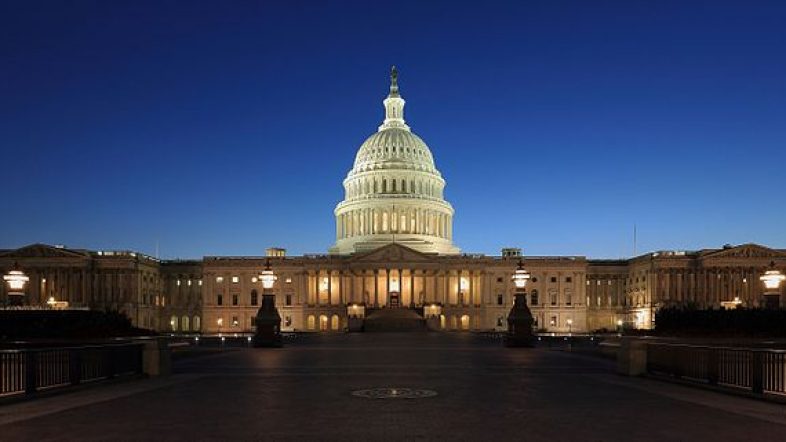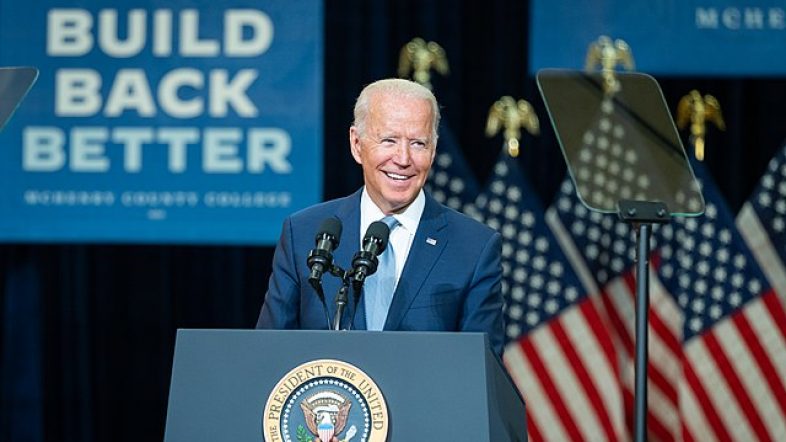A Washington, D.C., jury found two critics of a high-profile climate scientist liable for defamation on Thursday, an outcome that has the potential to introduce a “chilling effect” on those who criticize scientific consensus, according to several of those dissenting voices.
Michael Mann won a defamation suit he originally filed in October 2012 against Rand Simberg, who compared Mann to convicted pedophile Jerry Sandusky for Mann’s alleged data manipulation in his landmark 1998 “hockey stick” climate model in a blog post for the Competitive Enterprise Institute (CEI), and Mark Steyn, a right-of-center political pundit who referenced Simberg’s blog post in his own writing about the “hockey stick” model for National Review. Simberg was ordered to pay Mann $1,000 in punitive damages and $1 in compensatory damages, while Steyn must pay $1 million in punitive damages on top of $1 in compensatory damages.
The results of the lawsuit could dissuade critics from vocalizing dissenting opinions against scientific orthodoxy, both in discourse about climate change and beyond, according to some of these dissenting voices.
“I hope this verdict sends a message that falsely attacking climate scientists is not protecting free speech,” Mann wrote in a Thursday statement posted to X, formerly Twitter. Mann has also already suggested that he will continue attempts to sue National Review and CEI, which were dropped from the suit in 2021.
During the trial, Abraham Wyner, a tenured statistics professor and the chair of the undergraduate statistics program at the University of Pennsylvania’s Wharton School, testified that Mann engaged in “improper manipulation” of data that made his signature model “misleading,” according to National Review.
Mann’s critics made the connection to highlight what they contend to be the abuse and manipulation of data in the “hockey stick” model, which purports to show that global temperatures have risen sharply in the past several decades relative to the preceding centuries. Critics, including Steyn and Simberg, have targeted the “hockey stick” model for many years, generally positing that it should not be treated as a credible assessment of climate trends because of its perceived flaws.
“The mainstream media, led by The Washington Post, is already salivating over how this court decision could impact criticism of vaccines, COVID measures, election results and climate change,” Marc Morano, a former senior staffer for the Senate Environment and Public Works Committee who later founded ClimateDepot.com, told the Daily Caller News Foundation. “This will only embolden claims that some scientific claims are above public scrutiny and will lead to more ‘consensus’ enforcement in areas like climate and public health. Mann’s victory in court may embolden more defamation cases against anyone who dissents from the official government narratives.”
Indeed, several virologists have already implied that the verdict should send a clear message to skeptics who contend that COVID-19 leaked from a laboratory as opposed to originating naturally. The Department of Energy and Federal Bureau of Investigation have both stated that the lab leak theory is currently the most plausible explanation.
Other climate scientists apparently followed the Mann trial closely, Kate Cell, a senior climate campaign manager for the Union of Concerned Scientists, told The Associated Press. Many of these scientists were hoping for a good result for Mann to “reduce the comfort and regularity with which those who do not accept climate change science speak, and speak very nastily, about climate scientists,” Cell told the AP.
The case was about “the ability of myself and others to speak freely about the most important issues of our day, whether climate change or another issue,” Simberg told the AP before the verdict came down. “If others are faced with over a decade of litigation for giving their opinions, we will all suffer.”
Roger Pielke, Jr., an academic who writes extensively about the politicization of science, agrees with Simberg about the possibility that the verdict could alter scientific discourse on topics reaching beyond climate change, which he believes climate change to be a real and serious threat.
“The case was formally about defamation, but in reality it was not at all about defamation. As Michael Mann stated after the verdict, the case was really about politics and ideology,” Pielke, Jr. wrote on Friday. “The defense made a big mistake in thinking that it would be sufficient to win by proving their case while Mann chose not to put one on. That was wrong … I would not be surprised to now see a flurry of lawsuits against people who have been critical of climate science or climate scientists. Such legal action may not be limited to climate — debate over COVID-19 also presents a target-rich environment for unwanted speech to silence. Watch this space.”
“The larger issues here are not about Mann, but rather the continued failures within the climate science community to uphold fundamental norms of conduct among its own ranks,” Pielke, Jr. added.
While Mann and The Washington Post framed the suit’s outcome as a victory for purportedly principled scientists, he has proven himself not to be above launching harsh insults and accusations at his peers. For example, Judith Curry, a climatologist who has been critical of Mann in the past, said that Mann falsely suggested she had effectively exchanged sex for career advancement when she was younger, according to National Review.
Mann contributed to the United Nations (UN) Intergovernmental Panel on Climate Change (IPCC) in 2007; the IPCC, as an institution, won the Nobel Prize for “its efforts to build up and disseminate greater knowledge about man-made climate change and to lay the foundations for the measures that are needed to counteract such change” that year alongside former Vice President Al Gore.
The IPCC later released a 2012 statement making clear that the institution won the prize, not individual members and contributors. Mann intimated in the original complaint against Steyn and Simberg that he had won a Nobel Prize.
“Proponents of false narratives and apologists for fraud have been gloating about the decision on social media,” Richard Ebright, a professor of chemistry and chemical biology at Rutgers University, told the Daily Caller News Foundation. Ebright was an early advocate of the lab leak theory for the origin of COVID-19, a point of view that many in the corporate press, scientific community and government officials initially derided as bigotry or a conspiracy theory.
Unlike Morano and Pielke, Jr., Ebright is not convinced that the Mann suit will have a pronounced effect on the ability of critics of scientific consensus to speak out.
“I do not anticipate a ‘chilling effect.’ The decision sets no precedent, and persons making truthful claims and having courage in their character will not self-censor,” Ebright told the DCNF.
Nick Pope on February 10, 2024


